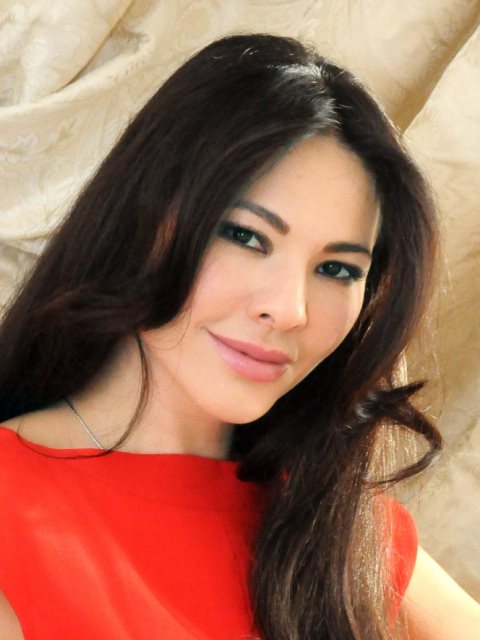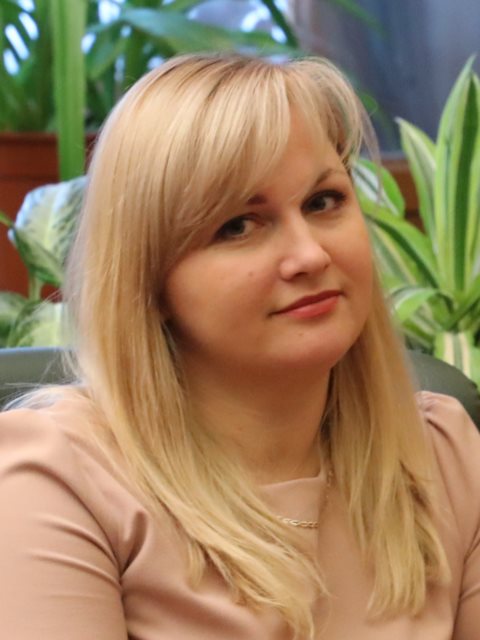The Age of New Challenges: How to Raise a Citizen
Patriotism is the very foundation of a viable state. It acts as an internal mobilizing resource for the development of society, engaged civic stands of individuals, and their readiness to serve for the benefit of their homeland. Sincere affection for one’s native land is a prerequisite for building a strong country. Respect for national history and for traditions passed down by older generations are needed to raise laudable citizens. Under modern conditions civil identity formation and patriotic education make up a systematic, spiritually and morally conditioned process of preparing the younger generation for intercultural interaction in a democratic society. It is specially organized to lead them to be eager to work and participate in the management of socially valuable projects. Various social institutions worked on the matter for a long time, altering their approach depending on the challenges of global and local scale. It should be noted that the pandemic has accelerated the onset of changes that are ripe in many spheres of public life. Particularly, the process of digital transformation has quite dramatically affected seemingly everything and everyone. Yet, it is education that faces one of the most acute challenges. An area where direct communication has always been a priority, and where digital technologies have been auxiliary until recently, has found itself in a completely new environment. Now it is very important to restore the activities that were carried out before the restrictions, to preserve and develop the best innovations and solutions that have appeared, as well as to increase the engagement in all possible areas of influence. Education can not afford to break away from current trends and youth-friendly ways of interaction. It is paramount to remember that young people are incredibly dynamic, thus loss of relevant communication and interaction channels can quickly lead to the dysfunction of educational institutions.
Moderator
Anna Karpukhina,
Finalist, Leaders of Russia National Management Competition
Panellists
Elena Belikova,
Editor-in-Chief, "Telegram" Russian News Agency
Andrey Bogdantsev,
Acting Rector, St. Petersburg Academy of Postgraduate Pedagogical Education
Tatyana Vladimirova,
Vice-Rector for Public Relations, Moscow State Pedagogical University
Sabiram Ilieva,
Administrative Director, "Give Sunshine" Charitable Foundation
Viorika Kokhtareva,
Chairman, Union of Russian Communities of Pridnestrovie (online)
Zhanna Marfina,
Rector, Lugansk State Pedagogical University
Khozh-Ahmed Khaladov,
Vice Rector, Academy of the Ministry of Education of Russia
Front row participants
Yulia Ablets,
Deputy Director General, Dialogue Regions
Tamara Aybazova,
Deputy Director, Head, Center for Additional Education for Children, "Children's Academy of Creativity "Sunny City"
Olga Badma-Khalgaeva,
Deputy of the People's Khural (Parliament) of the Republic of Kalmykia














